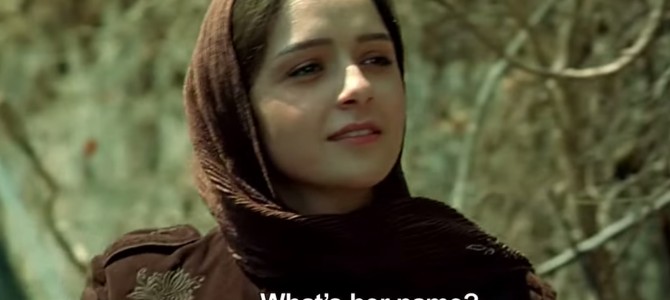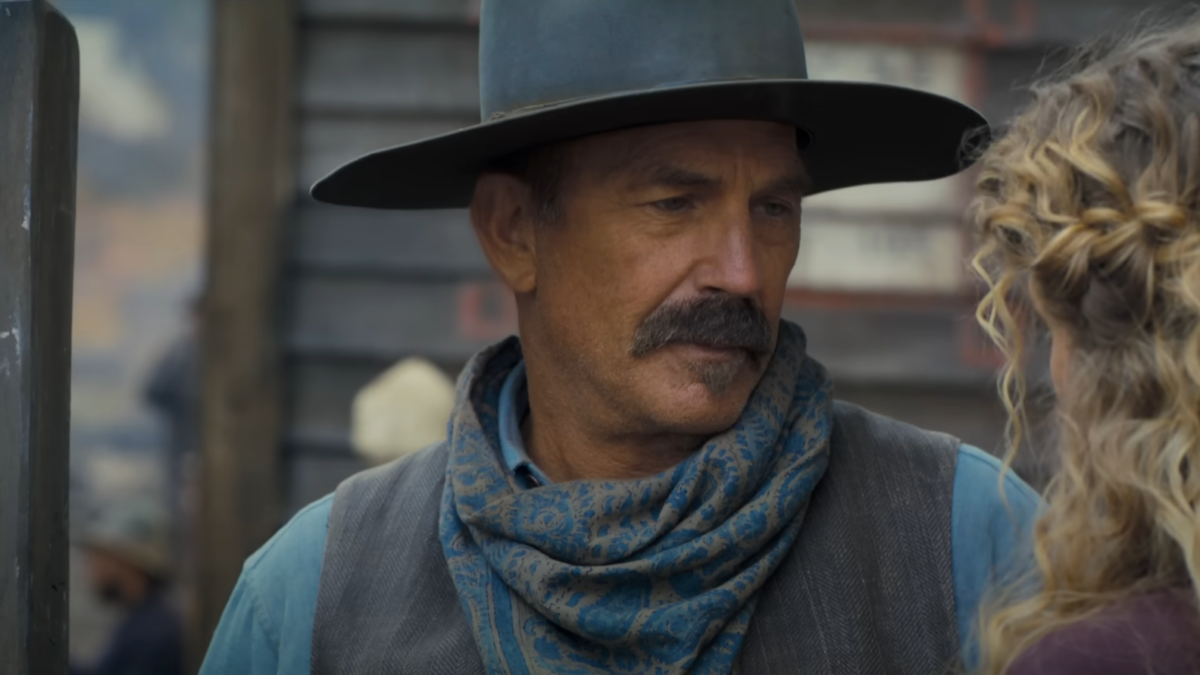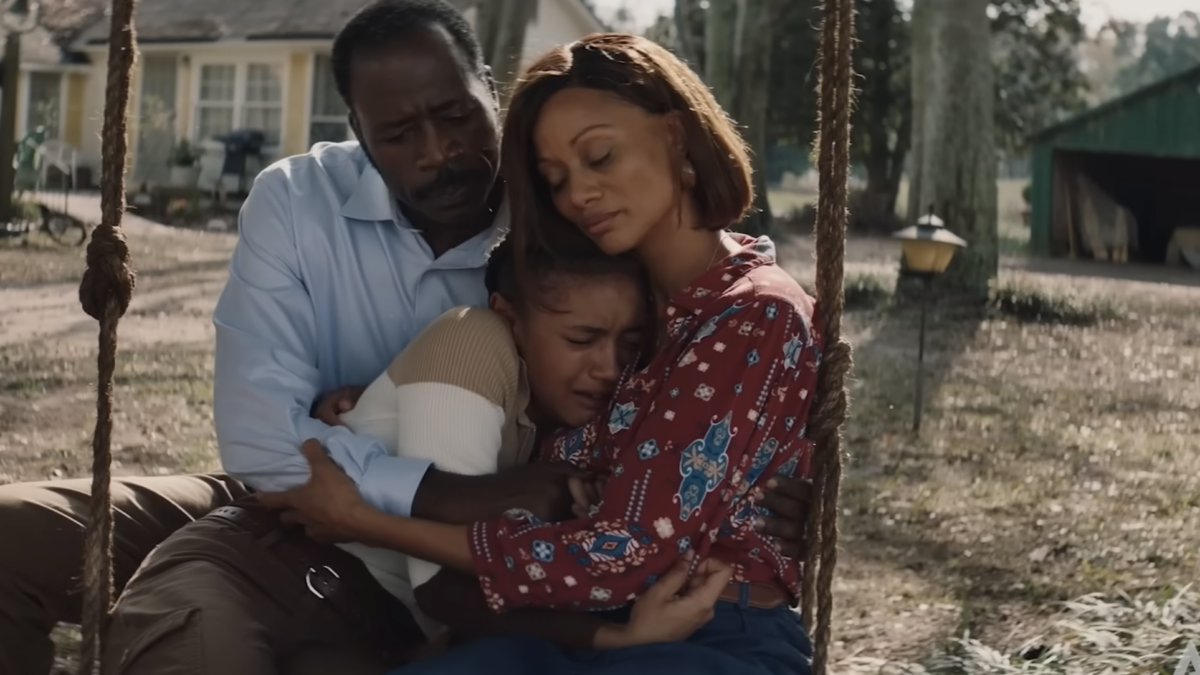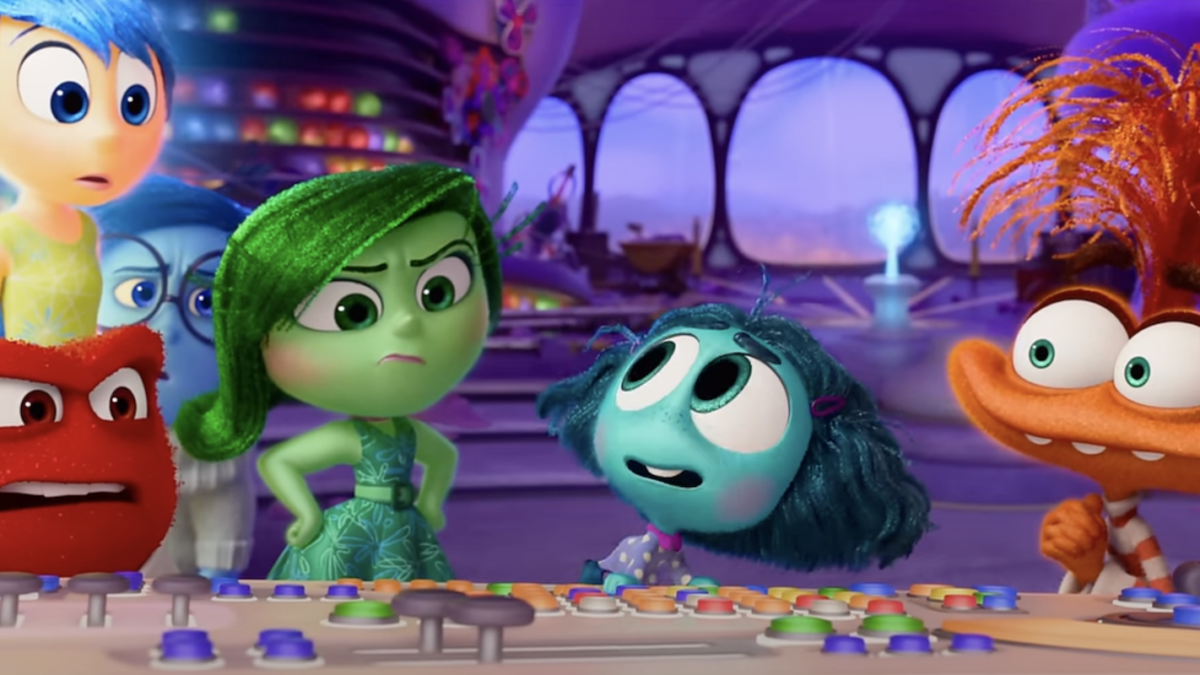
It’s easy to make “About Elly” sound simple. The film (made in 2009 but newly arrived on these shores) from Iranian director Asghar Farhadi, who gave us 2011’s Oscar-winning divorce drama “A Separation,” is about a group of college friends who go off for a vacation by the sea. They bring along Elly (Taraneh Alidoosti), the teacher of one of the friends’ daughters, for reasons that aren’t entirely clear.
When tragedy strikes, the friends must try to figure out who Elly really is. If they can figure out her nature—hero or villain, unfaithful woman or frightened victim—they can figure out what happened that terrible day by the sea.
Part of what makes “About Elly” so haunting is that it’s about three overlapping attempts to play existential detective: to bring order from chaos, and to transform painful events in our lives from unresolved misery to puzzles we can solve with enough hard work, and thereby to get closure. The friends need to figure out Elly, eventually; but, first, she needs to figure them out. There are many shots of Elly walking away, slipping into another room, or lingering on the outskirts of conversations: You’ll never forget that she’s a stranger.
And the audience is placed in the same position. The first half of the movie is a welter of overlapping voices, inside jokes, the kind of casual references with which old friends unintentionally exclude newcomers. There’s always a lot of rushing and gathering. This makes the movie a challenge for viewers: About half of my notes are just things like “Nazy is the sister,” or “Older man is Amir.” (Or, in an even clearer parallel to Elly’s situation, “Is this just a prank?”) We’ve got to sort out half a dozen characters, their interrelationships, and their kids; and the movie’s central event happens before we’ve got our bearings.
The Human Need to Make Sense of Things
The new movie shares a few key features with “A Separation”: the careful attention to individual shots (in “A Separation” we often saw characters framed by other people’s bodies, showing their physical closeness and the way that closeness made them feel trapped), for example, and the way the narrative is almost entirely driven by women’s choices. And both movies share this theme of narrativization—our drive to turn our experiences into stories, with climaxes and resolutions and lessons.
The narratives the characters come up with sometimes satisfy them, or at least comfort them; but the audience is left unsettled. What started out like an ensemble comedy—the wives hanging out of the car windows, screaming with joy—becomes first a mystery, maybe even a thriller, and finally a meditation on the failure of all our stories. “About Elly” is about us: about that universal human experience of being a stranger, trying to express our own ideas and griefs as all around us other people laugh at jokes we don’t understand.
None of this makes “About Elly” a chore to watch. There are several memorable characters, especially Sepideh (Golshifteh Farahani), who invited Elly in the first place, and Peyman (Peyman Moaadi), as the father of two young children. Sepideh is an almost frighteningly capable woman, one of those women who organize everybody, and watching her confront her own regrets and helplessness is heartbreaking.
Mystery from a Seashore
There are strange and funny scenes, as when the gang tries to play charades; and some gallows humor as they all place blame and try to justify themselves: “Did I ululate?” one of the women asks, referring to a joke which had more painful resonance for Elly than she had realized. “That was just in fun.” There are sharp little moments, like the way Shohreh (Merila Zare’i) hurts her hand on the doorpost, because they’re all renting a tumbledown beach house for the weekend: They’re not familiar with its splintering planks and protruding nails.
And there’s that central scene on the seashore. This is one of the greatest scenes I’ve watched all year. The sea pounds, completely taking over the soundtrack, as we watch Elly in tight focus running with one of the children’s kites. We know that something terrible may be happening in the background, but we can’t see it—it’s not in the frame. So we can only watch for excruciating minutes as Elly runs back and forth with the kite. Then she, too, is gone from the frame, and our terror mounts: There’s just the kite flying and the sound of the sea.
The rest of the movie is about the friends’ attempts to tell stories about this scene: their attempts to tell the truth, and their attempts to conceal it; their assumptions, the way they fill in the blanks based on their own cultural expectations and experience of human nature.
We’re creatures who know everything we know through stories; we learn and remember through narrative, whether it’s the parables we hear in church or the “long-form journalism” we read on the subway. But the sea defeats our stories. At some point all our attempts to make sense of our lives will confront that blank, restless, lightless sea.
One character, making an argument for divorce, suggests, “A bitter ending is better than an endless bitterness.” That may be true, but just because you need an ending doesn’t mean you’re going to get one.









